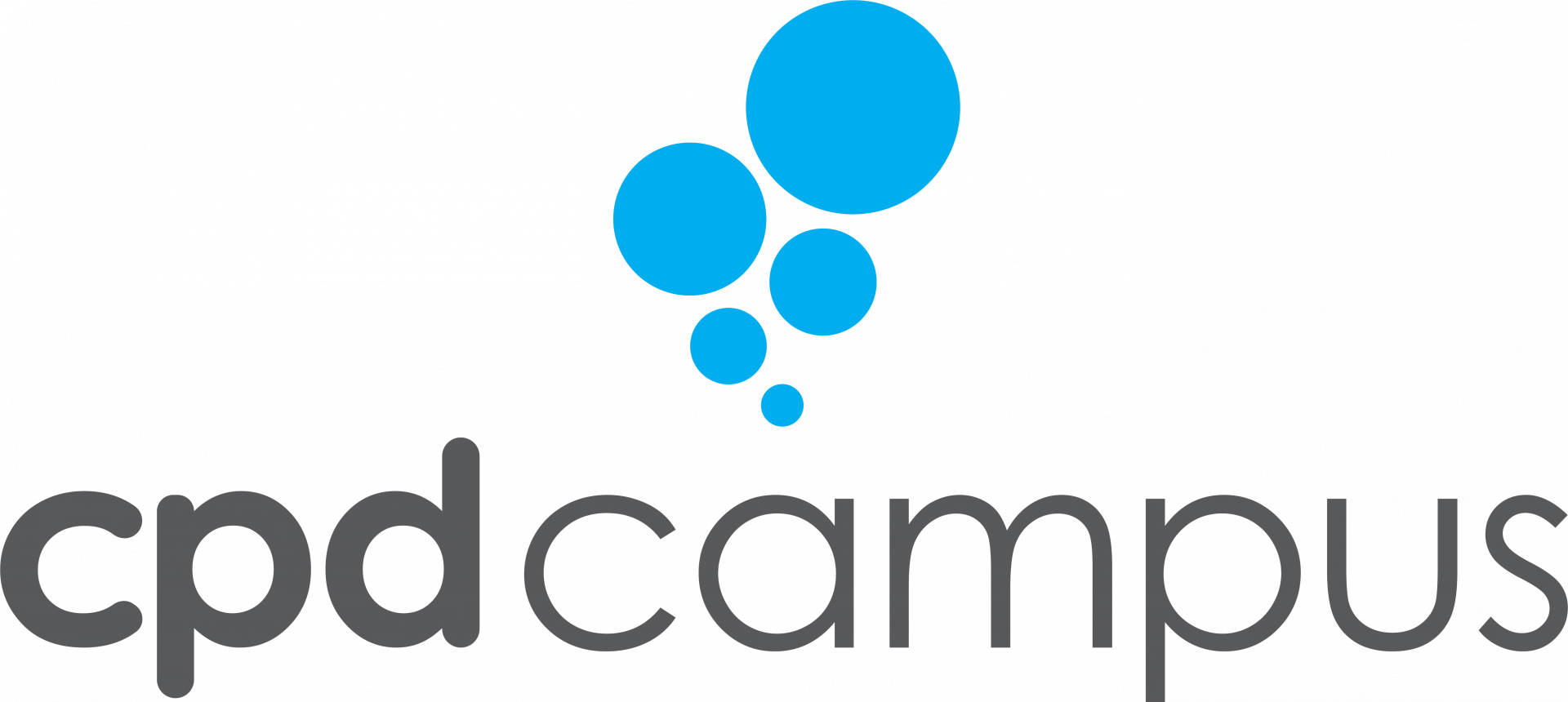ISA 315 (Revised 2019) in practice
-
Authors: Sindy Jonker CA(SA) RAand Juané Schreuder CA(SA) RA
-
Level: Advanced
-
Study time: 8 hours
Write your awesome label here.
Course overview
Auditors must obtain sufficient appropriate audit evidence to provide an opinion on whether an entity’s financial statements are free from material misstatement. To achieve this in the most effective and efficient way, they have to focus their efforts on those areas that carry the highest risk of being materially misstated. Risk identification and assessment therefore provides the basis of a robust audit and, as such, is probably the most important part of any audit. In this course we guide you in identifying and assessing the risk of material misstatement in terms of the International Standard on Auditing (ISA) 315 (Revised 2019). Complete this course and equip yourself to identify and assess all risks effectively, efficiently and appropriately in your audits.
What's included?
-
6 Modules
-
1 Case study application
-
Progress check quizzes
-
Guide
-
Certificate of completion
What will you achieve at the end of this course?
- Understand the context of ISA 315 (Revised 2019).
- Understand the risk assessment procedures and be able to identify when to use which type.
- Know which aspects of an entity and its environment auditors have to obtain an understanding of, and be able to gain such an understanding.
- Understand the components of the entity’s system of internal control and be able to evaluate each component.
- Be able to identify risks of material misstatement at both the financial statement level, and the assertion level.
- Be able to assess the risks identified, considering both inherent and control risk.
- Meet the relevant documentation requirements in the audit file.
Link with SAICA Competency Framework
- Technical competencies: Assurance and related services - Quality assurance
- Technical competencies: Assurance and related services - Assurance engagements
- Technical competencies: Assurance and related services - Audits of historical financial statements
- Technical competencies: Stewardship of capitals - Reporting fundamentals
- Technical competencies: Stewardship of capitals - Review, analyse and monitor

